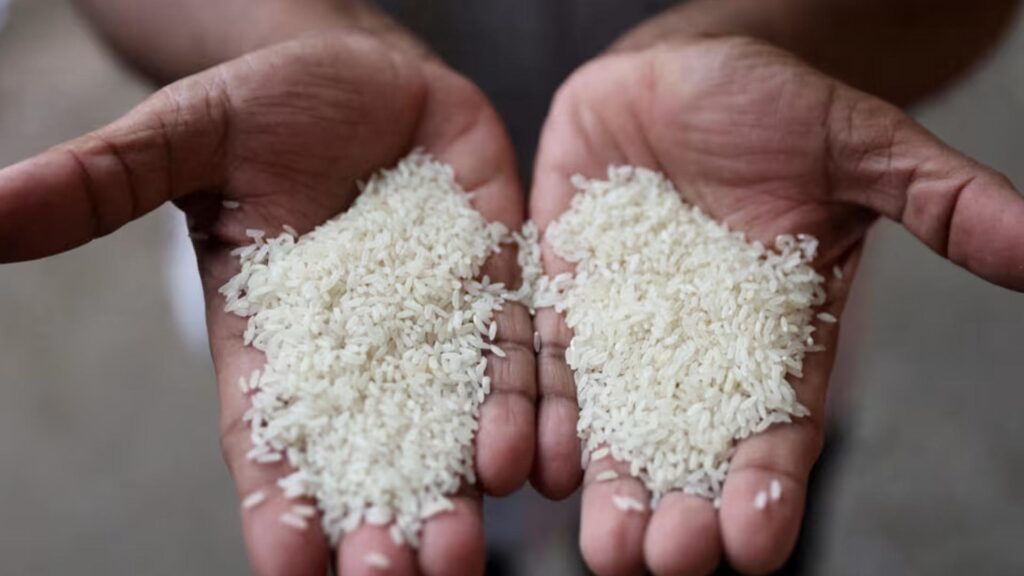Trending: Here are some Business Statistics and Trends to know
|
Getting your Trinity Audio player ready...
|
The aromatic allure of Indian basmati rice, a premium long-grain variety, has long been celebrated worldwide. However, recent developments in India's export policies overshadow this lucrative trade's prospects.
India and Pakistan are the exclusive producers of basmati rice, with India alone exporting over 4 million metric tons of this cherished grain to countries including Iran, Iraq, Yemen, Saudi Arabia, the United Arab Emirates, and the United States.
Floor Price Conundrum
In August, New Delhi introduced a minimum export price (MEP) of $1,200 per ton for basmati rice. Many anticipated that this MEP would be adjusted as the new season's crop hit the market.
However, the government's recent decision to maintain this floor price until further notice has sent ripples of concern throughout the industry.
Impact on Farmers and Millers
The repercussions are reverberating across the farming community, with growers now grappling with the challenges of unsold stocks. Sukrampal Beniwal, a basmati rice cultivator in northern India, expresses the prevailing sentiment: "We are staring at massive losses, and there are no buyers for our harvest."
Unmet Expectations
Farmers, millers, and exporters had anticipated a reduction in the MEP, which they view as prohibitively high, as the new harvest began to make its way to the market.
Vijay Setia, a prominent exporter from Haryana, one of India's agricultural powerhouses, emphasizes the situation's urgency, suggesting that the MEP should be promptly lowered to a range of $850 to $900 per ton.
Diminishing Market Activity
Basmati rice farmers find it increasingly difficult to sell their produce as millers and traders have withdrawn from numerous wholesale markets. The consequence has been a drastic drop in the paddy prices of basmati varieties, plunging more than 20% since the introduction of the MEP.
Competitive Landscape
What adds to the situation's complexity is that basmati rice is not a staple in India, and the government does not purchase this variety to build state reserves. As a result, farmers are left grappling with a frustrating predicament.
Short-Term Gains for Competitors
A prominent exporter, who prefers to remain unnamed, highlights a concerning aspect of these developments. He says, "We are empowering Pakistan to seize control of the basmati rice market in the short term." This underscores the urgency for a recalibration of export policies to safeguard India's position in this highly competitive market.
As the basmati rice sector navigates these challenges, it underscores the importance of agile policy adjustments to protect the interests of farmers, millers, and exporters while ensuring the continued global demand for India's treasured grain.






